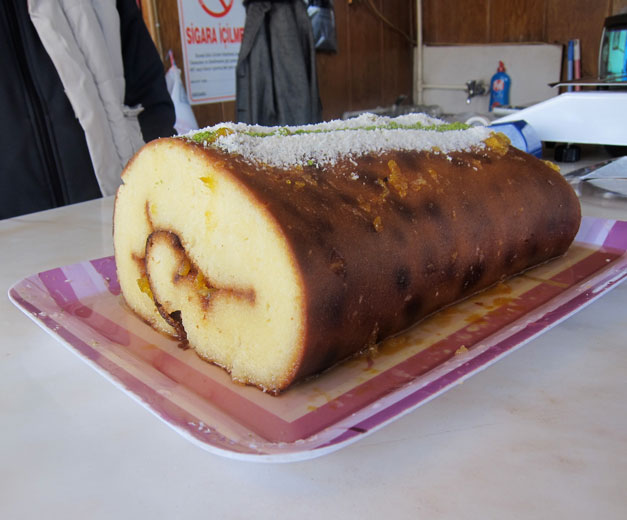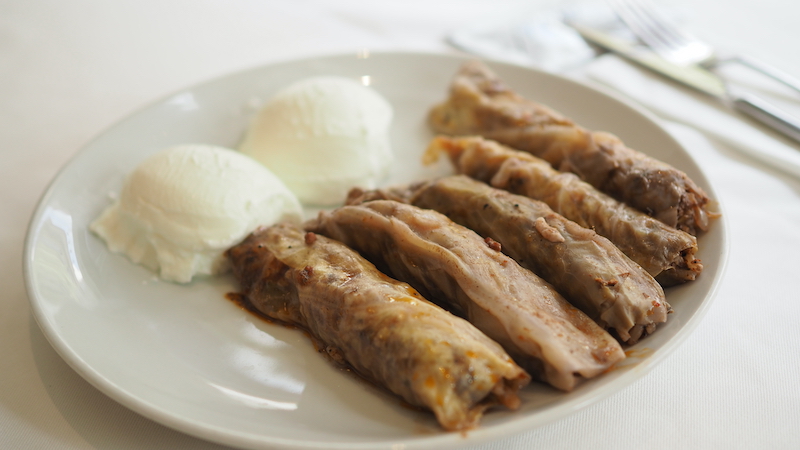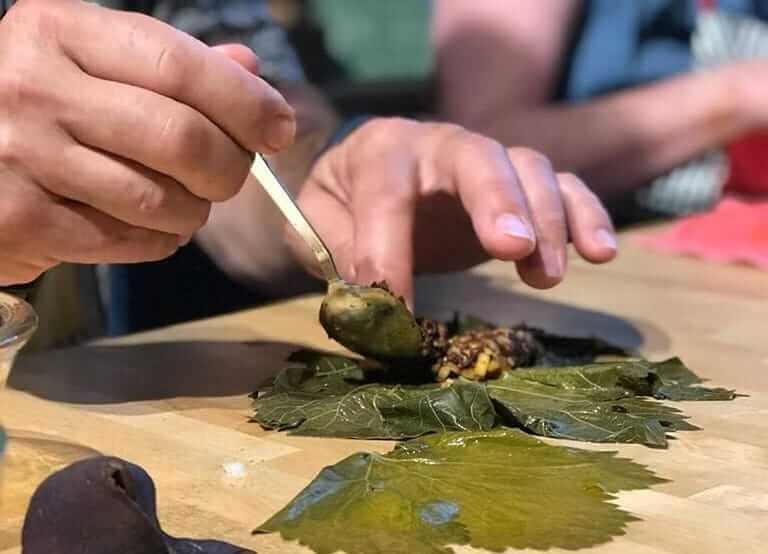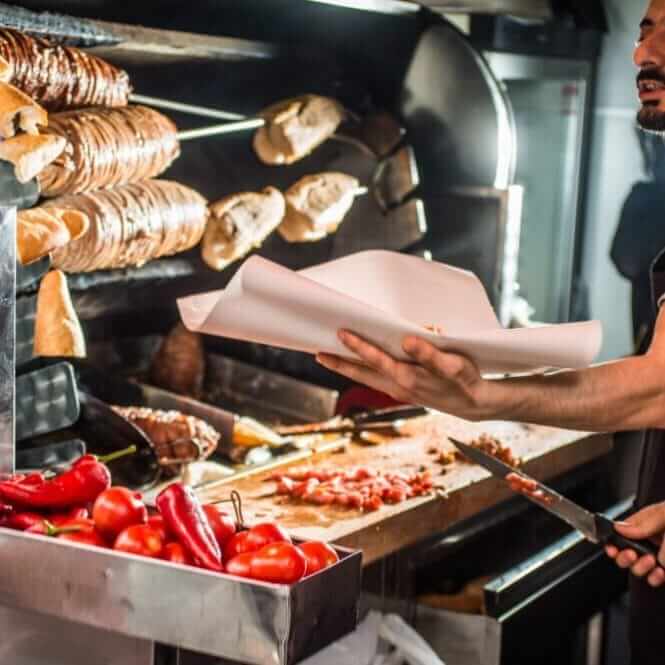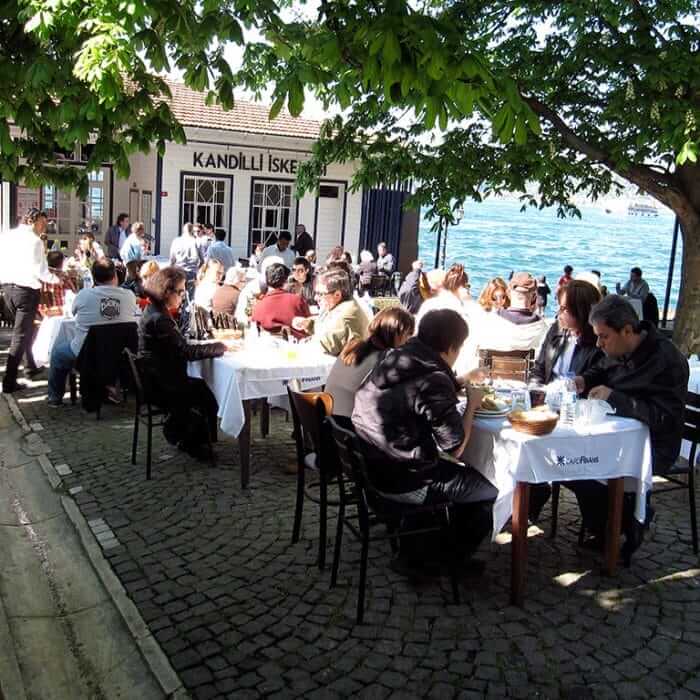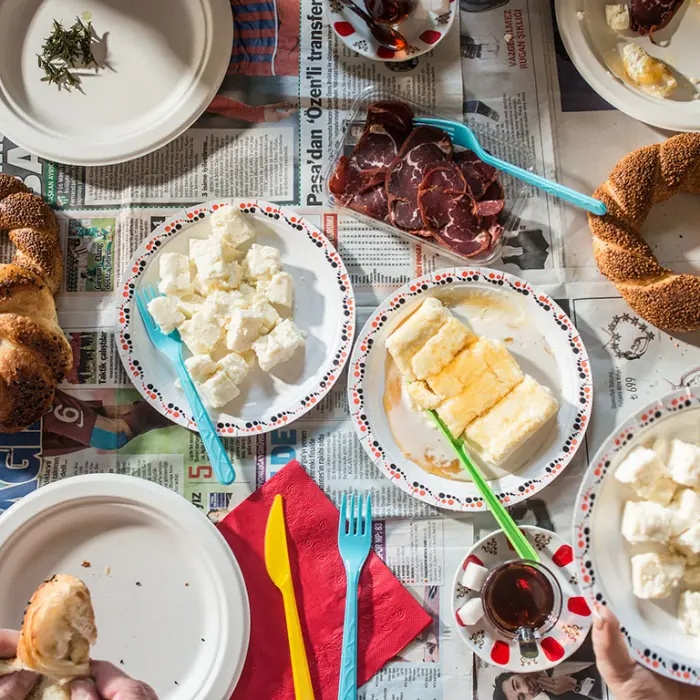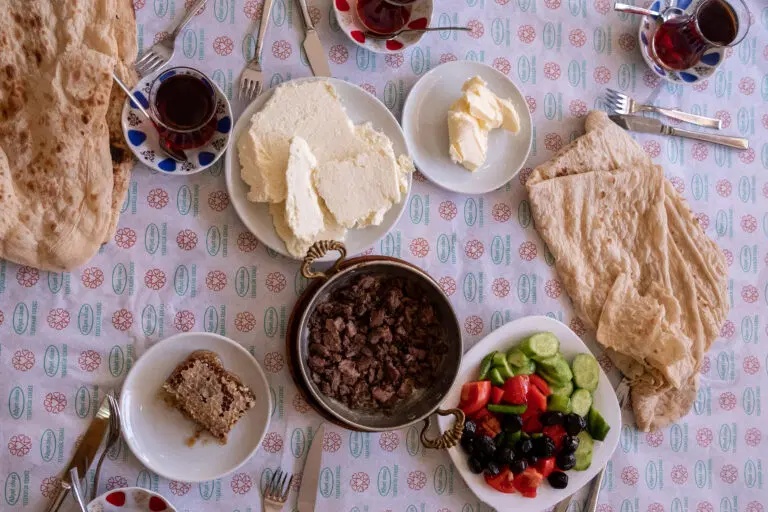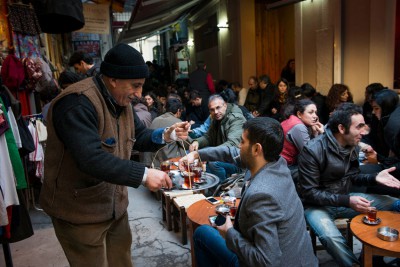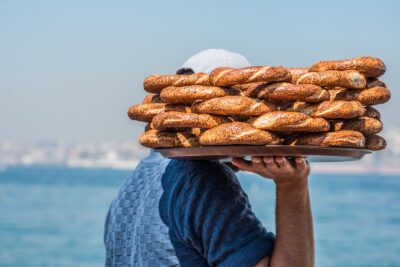We can't find the internet
Attempting to reconnect
Something went wrong!
Hang in there while we get back on track
Spring Gone Wild: Weeds and Edibles in Alaçatı
We can't find the internet
Attempting to reconnect
Something went wrong!
Hang in there while we get back on track

Related Stories
We can't find the internet
Attempting to reconnect
Something went wrong!
Hang in there while we get back on track
Book our Award-Winning Istanbul Food Tour
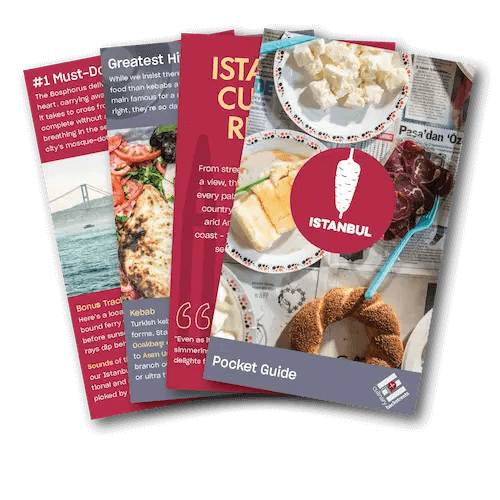
Get Your Free Istanbul Pocket Guide
Introducing our pocket-sized Istanbul guide — perfect for your next culinary adventure. Yours free when you sign up for our newsletter.


